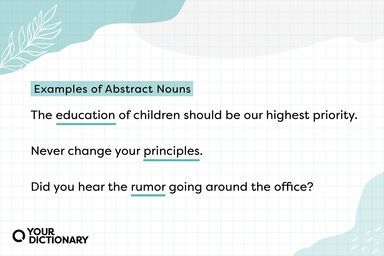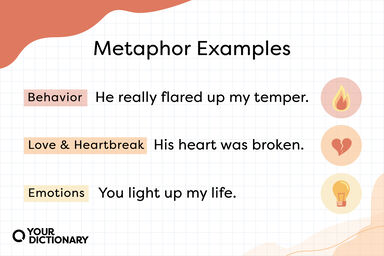Anger Definition
A strong feeling of displeasure, hostility or antagonism towards someone or something, usually combined with an urge to harm.
To cause such a feeling of antagonism.
(intransitive) To become angry.
Origin of Anger
-
From Middle English anger (“grief, pain, trouble, affliction, vexation, sorrow, wrath”), from Old Norse angr, ǫngr (“affliction, sorrow”), from ang, ǫng (“troubled”), from Proto-Germanic *anguz, *angwuz (“narrow, strait”), from Proto-Indo-European *amǵʰ- (“narrow, tied together”). Cognate with Danish anger (“regret, remorse”), Swedish ånger (“regret”), Icelandic angur (“trouble”), Old English ange, enge (“narrow, close, straitened, constrained, confined, vexed, troubled, sorrowful, anxious, oppressive, severe, painful, cruel”), German Angst (“anxiety, anguish, fear”), Latin angō (“squeeze, choke, vex”), Albanian ang (“fear, anxiety, pain, nightmare”), Avestan angra (“destructive”), Ancient Greek ἄγχω (ankhō, “I squeeze, strangle”), Sanskrit अंहु (aṃhu, “anxiety, distress”). Also compare anguish, anxious, quinsy, and perhaps to awe and ugly. The word seems to have originally meant “to choke, squeeze”.
From Wiktionary
-
Middle English from Old Norse angr sorrow angh- in Indo-European roots
From American Heritage Dictionary of the English Language, 5th Edition
Find Similar Words
Find similar words to anger using the buttons below.





